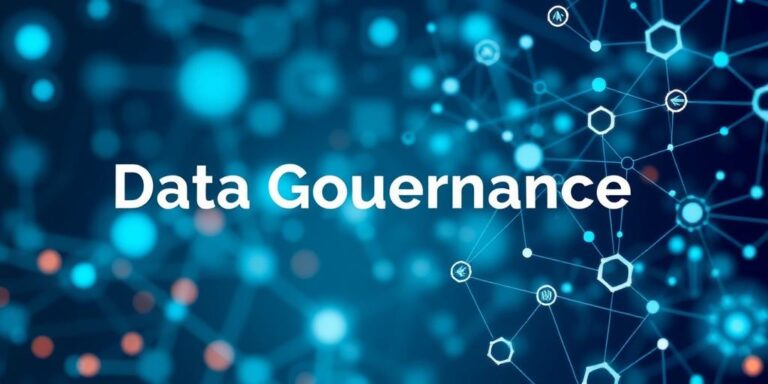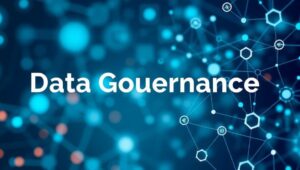Data Governance in the Age of AI and Big Data (2025 Imperative)
In 2025, data governance is no longer optional; it’s an imperative. The confluence of AI and Big Data has created unprecedented opportunities, but also significant risks. This article explores why robust data governance frameworks are essential for organizations navigating this complex landscape.
The Evolving Data Landscape
Big Data has transformed how businesses operate, providing insights that drive decision-making and innovation. Simultaneously, AI algorithms are becoming more sophisticated, capable of analyzing vast datasets to automate processes and personalize experiences. However, this power comes with responsibility. The quality, security, and ethical use of data are now critical considerations.
Why Data Governance Matters
Data governance establishes the policies, procedures, and standards that ensure data is accurate, reliable, and used responsibly. It addresses key areas:
- Data Quality: Ensuring data is accurate, complete, and consistent.
- Data Security: Protecting data from unauthorized access and breaches.
- Data Privacy: Complying with regulations like GDPR and CCPA.
- Data Ethics: Using data in a way that is fair, transparent, and respects individual rights.
Key Components of a Data Governance Framework
Implementing a data governance framework involves several key steps:
- Define Roles and Responsibilities: Clearly assign roles such as data owners, data stewards, and data custodians.
- Establish Data Policies: Create policies that govern data access, usage, and storage.
- Implement Data Quality Controls: Use tools and processes to monitor and improve data quality.
- Ensure Data Security: Implement security measures to protect data from unauthorized access.
- Monitor and Enforce Compliance: Regularly audit data practices to ensure compliance with policies and regulations.
Challenges in Implementing Data Governance
Despite its importance, implementing data governance can be challenging:
- Data Silos: Data is often scattered across different systems and departments.
- Lack of Awareness: Many employees are unaware of data governance principles and best practices.
- Resistance to Change: Implementing new policies and procedures can face resistance from employees.
Overcoming the Challenges
To overcome these challenges, organizations should:
- Foster a Data-Driven Culture: Educate employees on the importance of data governance.
- Break Down Data Silos: Integrate data systems and processes.
- Automate Data Governance: Use technology to automate data quality, security, and compliance tasks.
The Future of Data Governance
The future of data governance will be shaped by emerging technologies such as AI and blockchain. AI can automate data quality and security tasks, while blockchain can provide a secure and transparent way to manage data. By embracing these technologies, organizations can build more robust and effective data governance frameworks.
Conclusion
In 2025, data governance is not just a best practice; it’s a business imperative. Organizations that prioritize data governance will be better positioned to leverage the power of AI and Big Data while mitigating the associated risks. By implementing a robust data governance framework, businesses can ensure that their data is accurate, reliable, and used responsibly, driving innovation and growth in the digital age.




